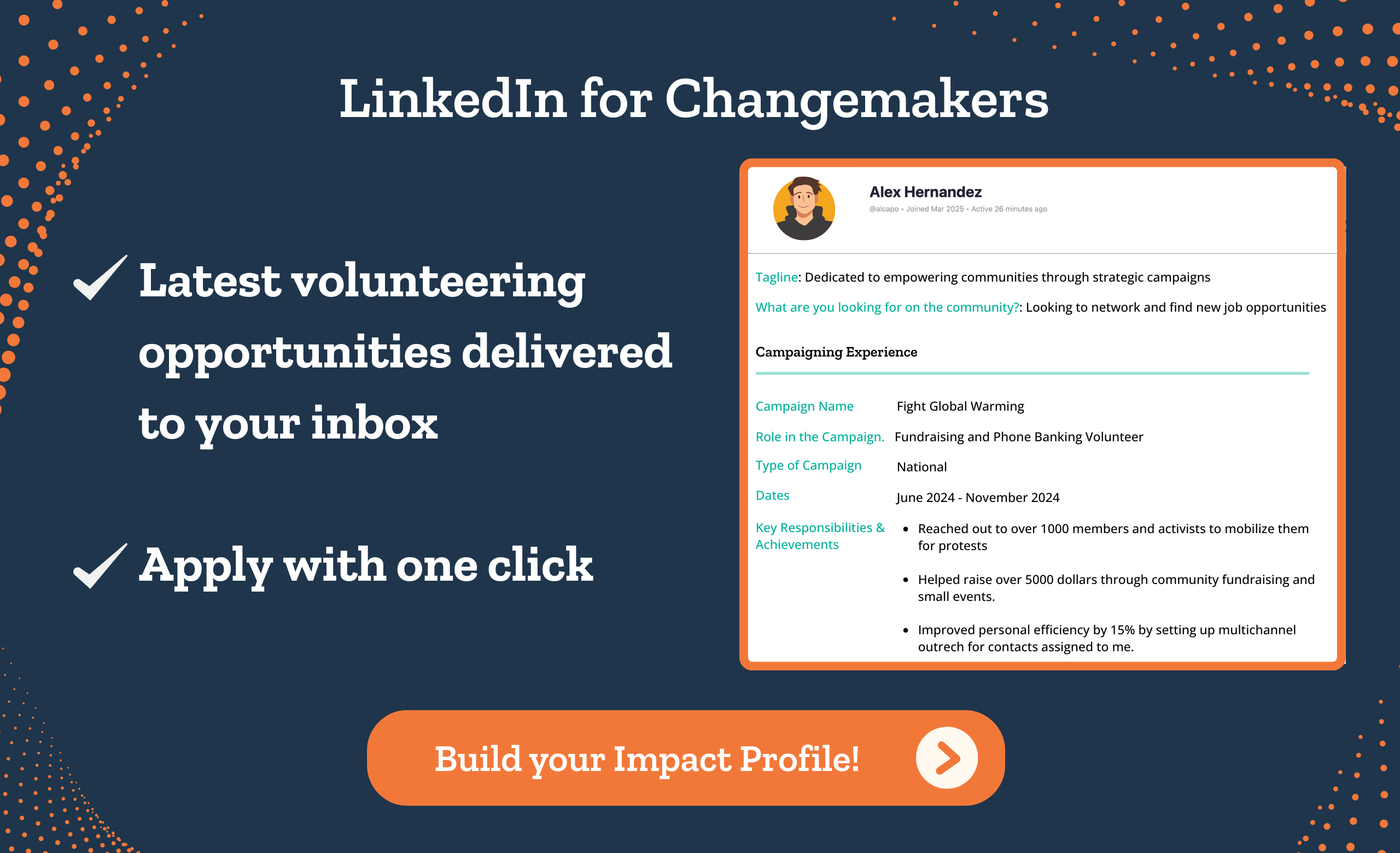Table of Contents
Bluesky, the social networking platform spun off from Twitter, is experiencing a dramatic surge in popularity, particularly in the aftermath of the recent U.S. elections.
The app’s usage in the United States has skyrocketed by 519% since Election Day. This marks the platform’s most significant growth since it transitioned from its invite-only beta phase, largely driven by users seeking alternatives to X (formerly Twitter).

Image: Bluesky’s user growth in the past year. Source
Psst: We here at CallHub have also signed up. Go ahead and give us a follow!
This is an interesting mirror of events of when Biden won back in 2020. At the time, President Trump was de-platformed from Twitter and Facebook over posts about the January 6 events in Washington, DC. Trump then pitched a social media platform for his supporters, and several supporters banded together to create Truth Social.
The platform is basically a clubhouse for Trump supporters, a place where President Trump pontificates on the latest issue with few other interactions. ‘Casual’ chats are not the flavor of the day over at Truth Social.
That platform (owned in majority by President Trump) continues to suffer heavy losses and low revenue. But it is hard to imagine it was ever intended to be an actual replacement for Twitter.
This is not the case for Bluesky, which has a unique birth story.
The unique birth of Bluesky

Image: Bluesky logo. Source
In 2019, then-Twitter CEO Jack Dorsey began the process of creating an ‘open-source’ Twitter, which would allow users to choose their own style of algorithm, customize their feed, and even host a ‘Twitter’ server themselves if they wanted.
This idea eventually led to the creation of Bluesky, a real-world implementation of that open protocol. Bluesky launched in 2023 and has mostly had very low user rates.
It recently saw a massive surge after President Trump won in November, reaching 20 million users. Bluesky’s growth comes at a time of mounting criticism of X under Elon Musk’s leadership, including concerns about rising misinformation, hate speech, and harassment.
Bluesky is set to be another respectable (but low-key) social media platform aiming to compete with X (formerly Twitter).
Bluesky’s appeal lies in its decentralized design, allowing users to curate their experience. Bluesy claims it sidesteps algorithms that drive engagement by amplifying polarizing content.
However, this surge of progressive and liberal-leaning users has led to eye-rolls, with many claiming that new Bluesky users are exchanging one echo chamber for another, preferring to go to places where their own ideas will never be challenged.
Which is the big question. Is Bluesky just another echo chamber in an increasingly fragmented internet?
Is Bluesky an echo chamber?

Image: Sample posts from Bluesky. Source
For many, Bluesky represents a reprieve from the negativity and algorithmic bias perceived on X, and it claims to be navigating a balance between fostering community and avoiding ideological silos.
Its users often praise the platform for fostering a friendlier and more engaging community. Critics say it is just a space where like-minded individuals retreat from dissenting viewpoints. Both are true.
This raises questions about social media’s evolving nature.
Should users prioritize spaces that align with their values and provide positive interactions, or is there value in engaging with opposing perspectives to foster broader understanding?
The answer is more about who we are as humans than our ideals.
Social media was initially heralded as a tool to create a global forum for open dialogue where diverse ideas could thrive in a digital ‘marketplace of ideas.’ Yet, reality often fails such hopes.
Users tend to gravitate toward content that aligns with their beliefs, and algorithms amplify this tendency by prioritizing engagement over diversity of thought.
This is human nature; no algorithm can stop that from happening entirely. That’s just who we are.
Even without pressure from corporations, we naturally gravitate towards the opinions we prefer. It is what we like – familiarity and comfort.
That makes Bluesky an ‘echo chamber’ in the technical sense, but it also means that this is the case for any social media platform and does not make Bluesky unique.
What is the future of social media?
But does that mean we are doomed to be eternally fragmented into smaller and smaller spaces? Am I going to end my days on a social media platform with nine other people, all of whom happen to like the same brand of politics, share the same worldview, and have no differing thoughts or opinions (and nothing else)?
Well, that depends on whether growing platforms like Bluesky empower users to moderate their communities – enabling a balance between safety and diverse discussion.
To succeed, platforms like Bluesky must promote inclusivity and empathy while preserving user autonomy and encouraging diverse perspectives without the toxicity often accompanying unregulated spaces.
Ultimately, moderation is the key. Today, Bluesky has a small community of like-minded individuals. Of course, it would seem like a paradise to those already in it. What will it be like in five years?
Only time can tell.


